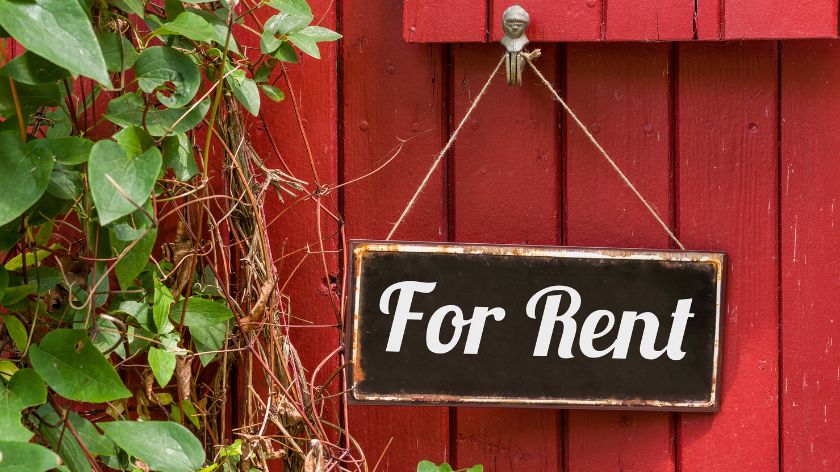What is the Difference between a Landlord and a Tenant?
January 15, 2026

If you are about to rent an apartment or put a property up for rent, it is essential that you are clear about who is who in the contract. The difference between landlord and tenant may seem simple, but it is sometimes confusing.
In this post, we explain in a clear and practical way what role each one has, what their rights and obligations are, and how they relate to each other. Whether you are an owner or a tenant, this is of interest to you.
What is a Landlord and a Tenant?
In any lease agreement, there are two essential figures: the landlord, who is the owner of the property, and the tenant, who rents it to live in or use it for a certain period.
The landlord is responsible for delivering the home in good condition, making the necessary repairs, and ensuring that the tenant can enjoy it without disturbances. In return, they have the right to collect the agreed rent and receive a deposit as a guarantee.
For their part, the tenant has the right to use the home with complete privacy and tranquility, as long as they pay the rent within the agreed deadlines and take care of the property. They must also report any relevant damage and comply with the terms of the contract.
Both parties have specific obligations and rights, and their relationship is regulated by the lease agreement, which includes all the important details to avoid misunderstandings.
If you want to know all the legal aspects that affect this figure, we leave you this complete guide on the rights and obligations of the landlord.
What should a Lease Agreement Include?
The lease agreement is the document that regulates the relationship between landlord and tenant. It details all the key aspects of the rental: from the duration and price, to the conditions of use, maintenance or termination of the agreement.
Although it is normally drafted by the landlord or the real estate agency that represents them, it is essential that both parties review the content carefully before signing. This ensures that all clauses are clear and adapted to what was agreed.
In addition to the price and term, a well-made contract also includes the obligation to pay a deposit, the repairs that each party assumes, the conditions for terminating the contract, and any other agreement that has been reached, such as the acceptance of pets or the use of common areas.
In cases where there is more than one person as landlord or tenant, all parties must be identified in the contract and assume the same responsibilities. Therefore, we recommend always keeping a written record of everything agreed, to avoid misunderstandings.
Espígul Helps You Understand the Relationship between Landlord and Tenant
When signing a lease agreement, it is common for doubts to arise about who is who and what responsibilities each party has. Terms such as landlord and tenant may seem technical, but knowing their meaning is essential to avoid misunderstandings. Whether you are a homeowner or are thinking of renting, Espígul clearly explains what role each figure has and how they relate within a lease agreement.

